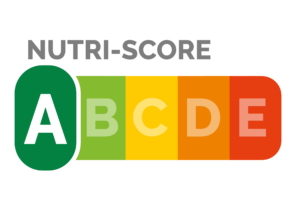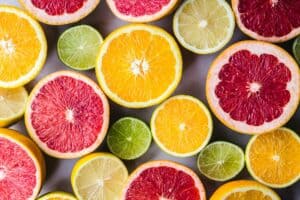Be proud of your E numbers
Columns • Don't shoot the messenger if the food is bad – it's time to take a stand and spread the knowledge about all the advantages with the system of E-numbers to the consumers.
Sure, the consumer is king. But what if they are actually wrong, or if they have misunderstood a whole system? How do you as a producer handle that?
E-numbers clearly cause debate, at least among consumers. Some refuse to buy products if there’s a single E in the ingredients’ list. No matter what the following digits are. To others, E-numbers are a simple way to find out what is what and to avoid certain allergens. Some don’t care at all what they eat. Still, it is clear that the knowledge of E-numbers is sketchy at best.
The first question I usually get about Bayn’s products from producers in the food and beverage industry is almost always: do they contain any E-numbers? Not which E-numbers, but if there are any. There is a wide-spread fear among producers that the knowledge about E-numbers among consumers is not sufficient. That every E frightens them away, one by one. If the ingredients are from a natural source is irrelevant, the E is still an obstacle.
The food and beverage industry should instead see it as their responsibility to start informing the consumers of the advantages of the European system of E-numbers. Make it clear that the numbers are a guide to good food and a great help to those who every day need to carefully read the ingredients of everything they eat. – To follow a system and to do everything in one’s power to inform the consumer about the content of one’s product is something to be proud of.
I have seen many fun images go viral which show blueberries, eggs, a lemon and several other fruits with the text “all natural”. Followed by a long list of “ingredients” with scientific names of acids, colourants and sugars. A blueberry is exactly that natural, that over ten E-numbers can be listed as “ingredients”.
Steviol glycosides is the sweet substance that can be extracted from the stevia plant. It is an approved sweetener in the EU and has the E-number 960. You can find this E-number in the ingredient list of several of the Eureba products. The E-number shows that it has passed rigorous testing and been approved as an ingredient in the EU. We are proud of that.
So make E-numbers what they really are: a way to let the consumers know exactly what they eat. And give them the possibility to choose among foods. There are E-numbers I’d rather not eat. Or rather, there are products filled with unpleasant additives I’d rather not eat. And in those cases it’s not the E-numbers’ fault if the food is bad. Don’t shoot the messenger!
Please, share this article if you liked it.
[et_social_share]




